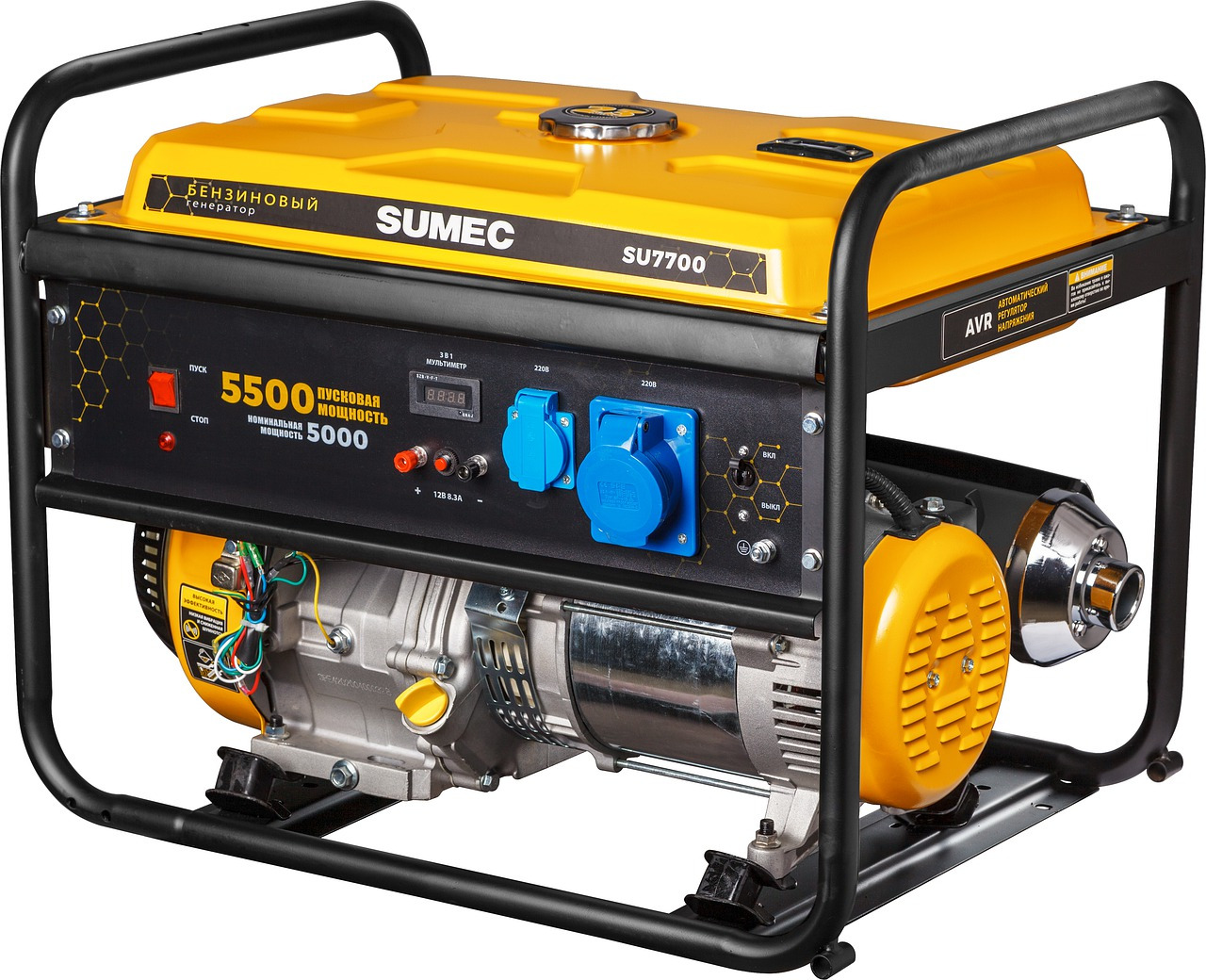There’s nothing better than getting away from it all. During the global pandemic, most holiday destinations have been affected. As a result, such activities as camping may provide viable options, particularly if there will be no one else around.
To some people, camping is all about getting back to nature and leaving comfort and luxury behind. Thanks to technology, however, many others seek ways to enhance their experience. It may be that someone needs access to their phone for work or even that they want to watch television. Camping generators can be part of the solution for many travellers, and this article sets out what you need to know before buying.
It Pays To Research First
Many campers choose a generator that provides between 1500 and 2500 watts of power. According to the engineers at https://generatorgrid.com/camping/, many people are looking online for review sites to help them choose the best model. They want to find out the pros and cons of the top choices. Additionally, people are concerned about such issues as portability, noise levels, and safety advice.
In an ideal world, a camper would have everything they need in one go when they purchase a generator. The reality is that people need to read the manuals as they may also need to buy circuit breakers and automatic voltage generators for everything to work.
Be Sure Of The Required Power
Generator manuals frequently provide details that are not based on full usage. This means that if every plug socket is being used, the equipment may not be able to cope. People who want to use the generator for their electric grill or to boil a kettle may be wise to consider the alternatives, such as using a campfire and a saucepan.
Power requirements for different appliances can be anything from 600 watts for an air conditioning unit and 800 watts for a microwave, to 2,000 watts for a kettle or heater. Just as car engines need extra help with the initial ignition, some equipment will need more than its usual power to get started. It is for this reason that it’s better to bring more power than you expect to use.
Think Of The Neighbors
Cars have two-foot-long mufflers to keep the noise down. In contrast, the muffler on a camping generator will only be two inches long. This may be fine if someone is camping in total isolation, but not if it’s on a busy campsite.
The early generators were as loud as chainsaws, although inverse generators have now entered the market with quieter volume levels.
Factor In The Usage Costs
When 18 gallons of fuel are used in a night and a day on a 5,000-watt generator, the costs are going to add up. People will need to bring a lot of fuel with them on their trip. Diesel-powered generators are an improvement but it’s hard to obtain a version that is portable.
Propane generators are better still and they produce clean fuel. This is better from an environmental angle.

Put Safety First
Some generator handbooks state that they are safe to use when the weather is wet. The harsh reality is that water and electricity do not mix. If water were to get through when the unit was in use, the damage could be done and there would be the possibility of someone getting electrocuted.
The generators spew out carbon dioxide into the air. It is for this reason that they should never be kept in a caravan or tent etc. When people experience CO2 poisoning they may experience headaches or tiredness. Alternatively, people may feel dizzy or sick. When levels are high enough it can be fatal for humans to inhale. Great care should be taken when positioning the generator near other people.
Know Your Camping Environment
If someone will consistently be near a natural resource there may be a viable alternative to the normal camping generators. If there is sun, wind, or water there could be a generator to match.
Speaking of the camping environment, campers need to research the site they will be staying on. It will probably have pages on its website setting out what can and can’t be brought. Due to such factors as fumes and noise, some sites may not allow generators.
As with all mechanical equipment, regular maintenance does not just improve performance. It also adds length to its life. Consult the manual and change the oil, fuel, and air filters as often as required.
When the right equipment has been bought, the campers can look forward to all the benefits the generator can provide. This can be anything from lights to phone chargers.

